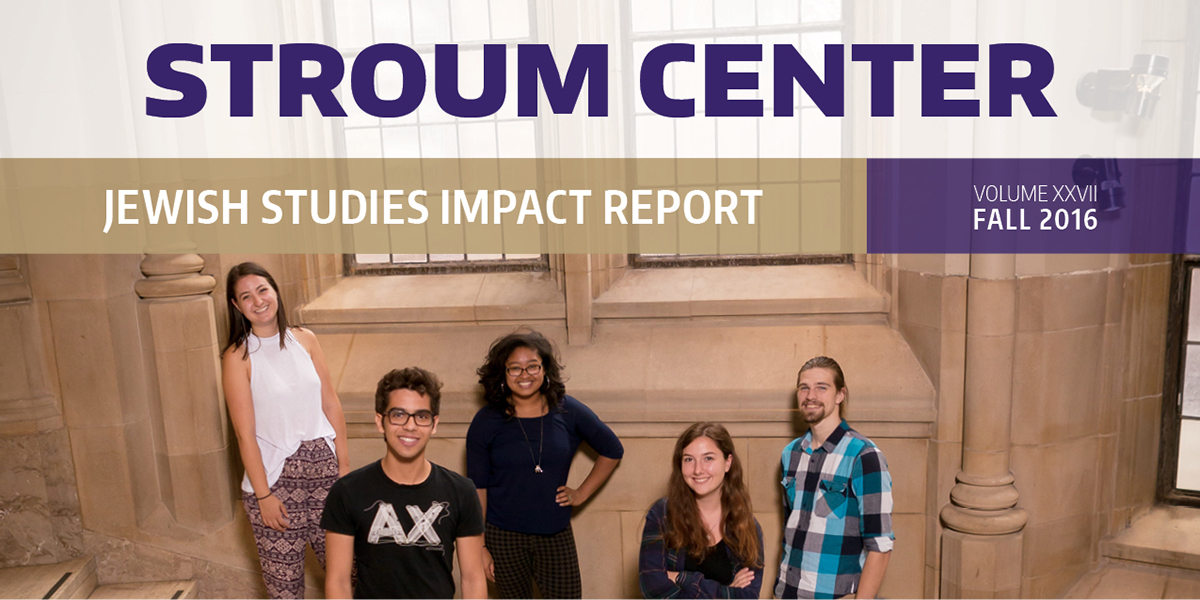
The Stroum Center is proud to present its 2016 Jewish Studies Impact Report!
This annual publication provides a snapshot of our many activities and accomplishments over the past year. You’ll find alumni profiles, highlights from the Sephardic Studies Digital Museum, a Save the Dates list, faculty perspectives, event photos, and more!
A new feature in this year’s report is a “virtual roundtable.” We invited faculty and graduate students to explore the topic of tolerance through their own disciplinary perspectives. The participants include Prof. Kathie Friedman, Prof. Devin Naar, Prof. Michael Rosenthal, and Graduate Fellow Oded Oron. Perhaps surprisingly, tolerance is revealed to be a double-edged concept in Jewish history, by creating inclusive as well as exclusive practices towards Jews. As Prof. Noam Pianko says in his introduction to the roundtable, these articles “will give you a taste of what the Stroum Center can contribute both to the University of Washington and to broader public debates.”
The Impact Report provides all the latest numbers on our website’s growth (over 154,000 pageviews last year!), our student outreach efforts, and course enrollment.
We also take the opportunity to thank our 2015-16 donors, whose support makes all of our activities possible; and we specifically highlight the contributions made by Sonny and Gena Gorasht and by Jamie and Jeff Merriman-Cohen. The various initiatives, courses, and programming hosted by the Stroum Center would not be possible without the ongoing support of so many people in our community and beyond. We hope the Impact Report conveys the many fruits of their investment.
How do you get ahold of a copy of this year’s Impact Report? You can read a PDF version or view it on the Issuu e-reading service.
We would especially like to thank our graphic design team at YaM Brand for creating this year’s report!


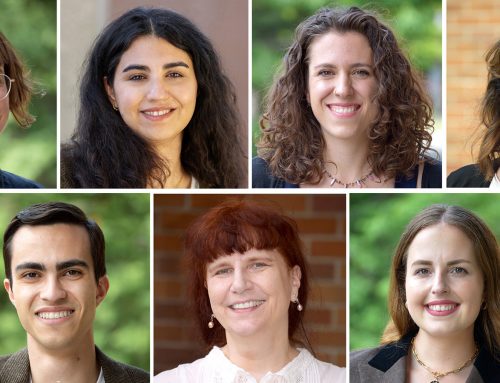

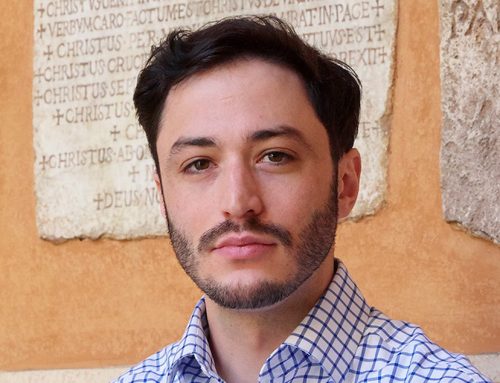
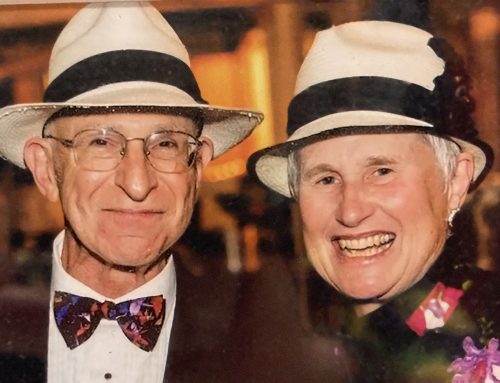
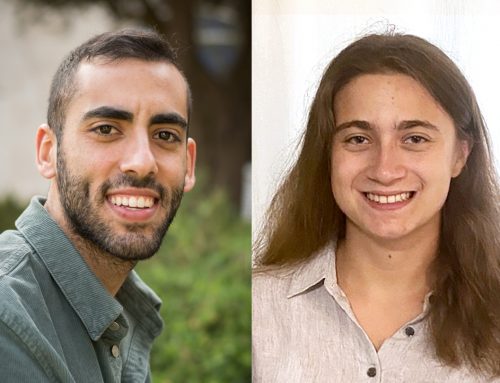
Leave A Comment